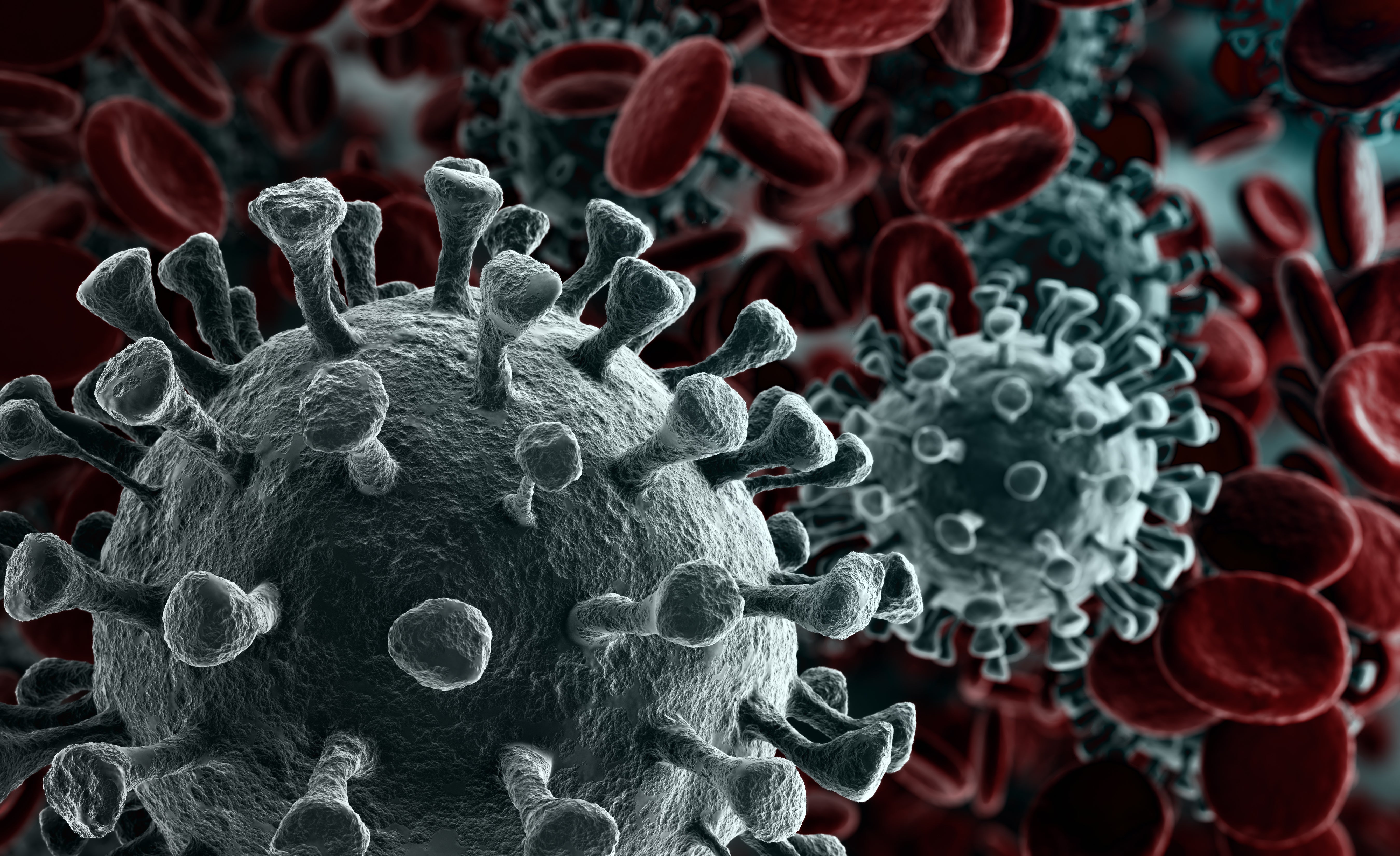 3D rendering Coronavirus 2019-nCov novel coronavirus
3D rendering Coronavirus 2019-nCov novel coronavirus
As daily infection rates in South and Central America are increasing significantly, Haiti faces specific health challenges in battling the coronavirus pandemic. A new report outlines how the pandemic may look different in rich versus developing countries, and how the latter may experience more severe health impacts. As our daily routines now include checking new COVID-19 numbers, data experts are exploring how more timely data could contribute to stronger development outcomes.
Have South and Central America become the new coronavirus (COVID-19) epicenter?| Blog
The latest data suggests that some South and Central American countries have become the new COVID-19 epicenter, with daily infections now exceeding the United States and Europe. As in other regions, learning from past health crises on what has worked well and not so well will help in rapidly detecting and responding to future infectious disease outbreaks.
What would the world look like if all development data were as timely as COVID-19 case data? | Blog
A factor distinguishing the current pandemic from past crises is the unprecedented global appetite for data. The timeliness of COVID-19 case data has had a marked impact on the global fight to limit the deadly virus, leading us to wonder, what would the world look like if all development data were as timely as COVID-19 case data? With timely data, governments can react quickly when crises occur, whether environmental, health related, financial or due to conflicts.
COVID-19 Mortality in Rich and Poor Countries: A Tale of Two Pandemics? | Report
COVID-19 has been described as a heat-seeking missile speeding toward the most vulnerable in society. That metaphor applies not just to the rich world. The vulnerable in the rest of the world are not more immune. They may actually be easier targets. Simulations based on reasonable ranges for infectivity and fatality suggest that the developing country share in global fatalities could rise by a factor of three (from 21 to 69 percent).
As Haiti Braces for the COVID-19 Pandemic, Water, Sanitation, and Hygiene Are More Important Than Ever | Feature Story
With a weak health system and a lack of access to water and sanitation, Haiti faces significant risks from the COVID-19 pandemic. All too often WASH services are lacking, even in the places where people go to seek medical treatment. Hence soap, sanitizing materials, and face masks have been distributed to frontline workers across the country. Construction and rehabilitation of WASH infrastructure in health centers and treatment zones has also been a priority, with work focusing on 30 health centers, 10 hospitals, and two laboratories.


Join the Conversation